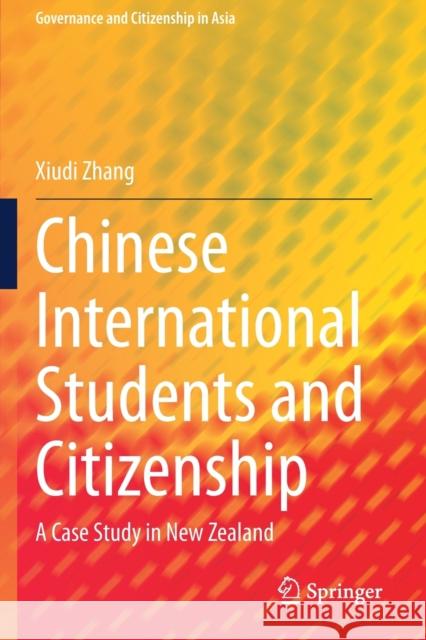Chinese International Students and Citizenship: A Case Study in New Zealand » książka
topmenu
Chinese International Students and Citizenship: A Case Study in New Zealand
ISBN-13: 9789811510236 / Angielski / Miękka / 2021 / 147 str.
Chinese International Students and Citizenship: A Case Study in New Zealand
ISBN-13: 9789811510236 / Angielski / Miękka / 2021 / 147 str.
cena 200,77
(netto: 191,21 VAT: 5%)
Najniższa cena z 30 dni: 192,74
(netto: 191,21 VAT: 5%)
Najniższa cena z 30 dni: 192,74
Termin realizacji zamówienia:
ok. 22 dni roboczych

ok. 22 dni roboczych

Darmowa dostawa!
Kategorie:
Kategorie BISAC:
Wydawca:
Springer
Seria wydawnicza:
Język:
Angielski
ISBN-13:
9789811510236
Rok wydania:
2021
Wydanie:
2020
Numer serii:
000786534
Ilość stron:
147
Waga:
0.23 kg
Wymiary:
23.39 x 15.6 x 0.86
Oprawa:
Miękka
Wolumenów:
01
Dodatkowe informacje:
Wydanie ilustrowane











